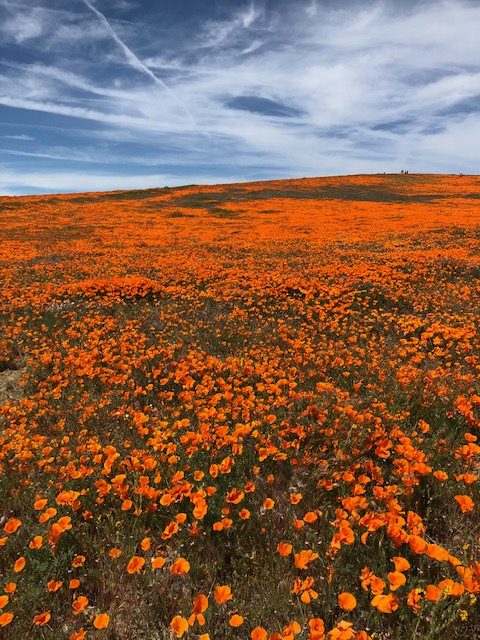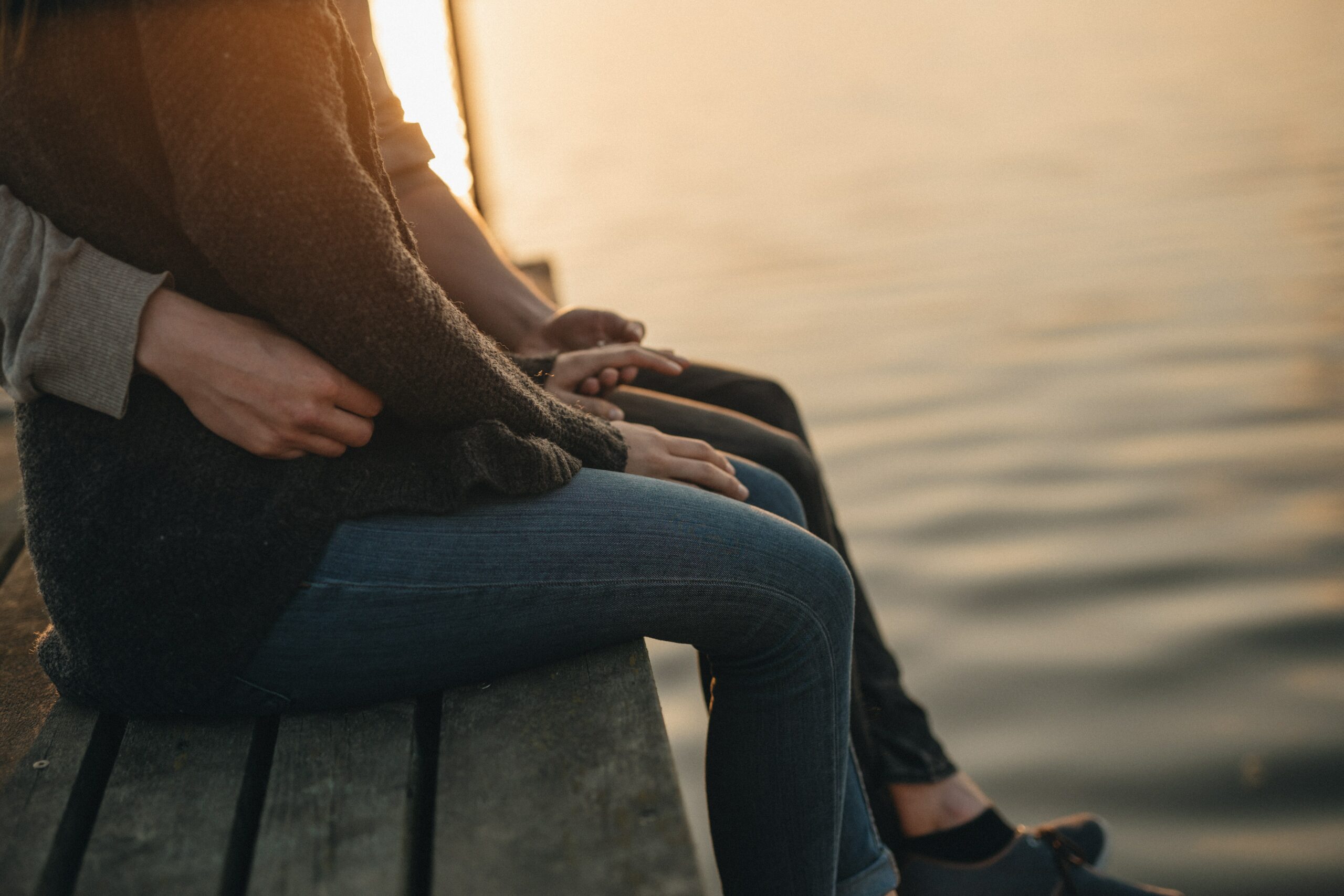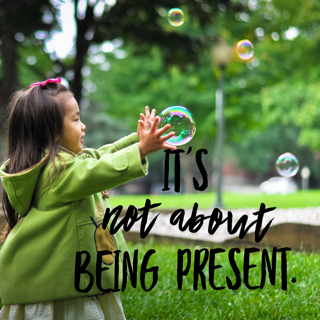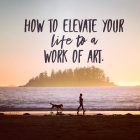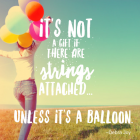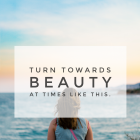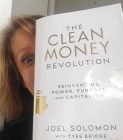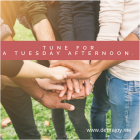I met Joel Solomon just before he invested in our business, SPUD, which provides online home delivery of organic, local, sustainable foods. Catching up with him on a path snaking through the woods of Hollyhock Retreat Center, on Cortes Island, BC, I nervously introduced myself. He responded, “What are your politics?“
I’d never been asked that before, and frankly I’d never thought about it. I was much more of a doer than a thinker. I blurted out “I believe corporations are the most powerful source of change. I only see that growing. I’m working on shifting the course for good, from within.” That 15 second exchange probably sealed our fate.
This week I was delighted to sit back and crack open his new book, The Clean Money Revolution: Reinventing Power, Purpose, and Capitalism
Believe me when I tell you, this is no ordinary book about money and power. Though you’ll read about corporate greed, environmental destruction, and political corruption, and you’ll understand how money has systematically moved America’s democracy into more of an oligarchy, the book is surprisingly uplifting and provides enough direction to give you hope, and more importantly – actions to create a better world. Part memoir, part how-to guide, this book is in many ways a love story. A story only Joel Solomon is uniquely fit to tell.
Over the years I’ve been fortunate to know Joel as a patient investor (in two businesses), an inspiring boss, (when I worked with him and Carol Newel, and Martha Burton, in the early days of their seed fund, Renewal Partners), a fun playmate, generous mentor, strategic match-maker, risk-taker, goofy dancer, late night drummer, truster of people, supporter of artists, activists, and long time friend.
Though Joel admits to writing this book from a position of privilege, as a middle aged rich white guy, Joel’s got more vast and varied life experience than anyone I know. In our first meeting he told me about his 500 year plan. Though it was a metaphor, he really wasn’t kidding. He’s equally at home as the best dressed man at a boardroom table, or foraging for food on a deserted island. He’s studied French Intensive Bio-dynamic gardening, worked on Jimmy Carter’s campaign, granted $50 million to environmental groups through Endswell Foundation, and is the Chairman and Co-founder of Renewal Funds, investing $98m of other peoples’ money in organics and enviro tech companies in the US andCanada. His personal experience alone makes the book worth reading. But you’ll get much more than that.
Joel says, “…. money has no values of it’s own. Money doesn’t account for fairness, justice, beauty, consciousness, or love. That’s our role, and it’s ever more crucial that we assume it. We need to start to talk about money in ways that dethrone it and make it subject to human ethics and standards of love and decency.”
So let’s talk.
Debra: Joel, congratulations on your book. It’s quite a feat. Was writing a book ever part of your 500 year plan?
Joel: The idea of a 500 Year Plan certainly is supported by my book, “The Clean Money Revolution: Reinventing Power, Purpose & Capitalism”. I reflect a lot about our responsibility, and obligation, to think about true security, where ecology, soil, species, and the very biosphere that makes life for people possible, can thrive forever. We have a stewardship responsibility that we ignore at peril.
My intention is to raise consciousness around these long term responsibilities, and how we can use money in a more regenerative way, rather than investing in damage and destruction. We have lost too much sense of our past and future. We must think long term, for the chance of a good future for the generations to follow us.
Debra: Why a ‘revolution’?
Joel: I use the word revolution as a wake up call. It’s a revolution of mind set, or actively choosing, or owning the truth of what we do to other people and places by owning, investing, and making choices with money.
We are fighting complacency, accepting old norms, and neglecting to ask serious questions, demand better financial and consumer products, and leaving money in hands that we would never trust our personal matters to. Yet, our money can be a powerful force for good.
We must wake up, empower ourselves around the wealth management hypnosis of “maximum financial return, regardless of who and what is damaged”, and make choices that align with our values, mission and purpose as people.
We may be kind, respectful, and help people directly. Can we let our money support slavery, poison other people’s children, and start wars?
Debra: Who’d you write this book for?
Joel:
- People with affluence and money.
- Their children, who stand to inherit $50 Trillion by 2050 in NorthAmerica alone.
- The wealth advisors.
- Super motivated young people considering and navigating the careers they will enter.
Debra: Your life takes really interesting twists and turns, all the different routes mysteriously weaving together to take you where you are today. How did the study and practice of French Intensive Bio-dynamic gardening, or the study of Orcas, prepare you to be a mission based investor and philanthropist?
Joel: All my adventures and experiences added elements to who Ive become.
From exposure to French Intensive Bio-dynamic gardening, I learned a lot about complexity and diversity as essential strengths, awareness of the cosmic elements, beneficial relationships between plants, insects, birds, etc., the sacredness of soil, and hard work.
The life, habitats, and patterns of Orcas, the largest brained mammal on the planet, reveal a quite advanced language, social system, mutual support, and intelligence, in another species, as a quite obvious example that can be found throughout nature.
My diagnosis with a degenerative form of kidney disease, took me to imagining my death bed, pondering my legacy, and deciding to live as if on that death bed mindset, and consider each day precious, each interaction sacred, and to align my life the best I can , with principles I am proud of and would hope to share.
Debra: Though you deal a lot with investors and philanthropists, how can someone earning under $100,000 a year, just trying to raise their kids and save for retirement, play a role in the Clean Money Revolution?
Joel:
- Consider banking with a Credit Union and keep your money mostly in your community.
- Buy food that aligns with your values.
- Shop at locally owned stores where jobs and wealth stay in your community.
- Read labels and protect your family safety and health.
- Research companies that make products you might buy.
- Find out what is in them, how workers are treated, and what environmental damage may be done. Learn about the practices of companies, institutions, and professionals you engage with.
- Talk to friends and ask how they figure this out. Share what you know.
Debra: I’ve worked alongside enough activists to know that fighting the good fight can lead to pretty serious burnout. From working with you, I learned the importance of having fun. How the heck can people have a good time with this revolution?
Joel: Start with inner skills practices. We must examine our own feelings, sensations, and thoughts, discovering the awareness possible. Awareness first, then choice is possible.
Explore mortality. As clear eyed as we can be about the inevitable reality of death, the more fully we can live today.
Gratitude practice, ideally daily, can increase our clarity of choice in how we respond, interpret, and act, on a good outlook that empowers self love, compassion for others, and sense of larger responsibility.
Maintaining joyous physical activity, as well as other intentional practices for keeping the body vibrant and flexible, helps.
Learning adaptive response and fluid approach to challenges, hurts, disappointments, and blockages, improves resilience, wisdom, and mastery that assists in joy.
Flow and glow.
Debra: I love that! And I loved the chapter on Evolutionary Leadership. These principles apply whether you’re leading a business, a community, your family, or directing your own life path. In it you say, “Consciousness practices grow clean money revolutionaries!” Can you explain that a bit?
Joel: Consciousness opens opportunity for choice. Empowered living can follow. Aligning money with values, meaning, and purpose, is our joyous duty.
As it becomes clear to us the role of money, its positive power to cause and fuel change, and realization that there is more than enough money on the planet to solve most all our challenges, we become clear on the need to shift trillions of dollars from damaging uses to regeneration.
Debra: So, there’s enough money, but is there the will? I was amazed to read in your book that, “…the average amount the entire world needs to invest in clean energy annually to hit the 2-degree target of the Paris Climate Conference is only 7 percent more than American citizens invest in car loans each year.” Since clean energy yields more jobs per dollar than fossil fuel energy, it’s unthinkable that we lack the political will to make a change that seems like a no-brainer. What can we as individuals do?
Joel: Our responsibility as individuals is to be in lifelong learning, loyalty to future generations, and stewardship of the commons. Health of ecosystems, human relationships, are the base for global stability and effective societies.
Examine the self. Ask questions. Be informed. Improve that which we can influence. Give younger people all the insight we can. Be models. Make conscious choices. Live our values. Know our meaning and embrace our purpose.
Remember the future. Be all in for the chance of good ways for future generations. We are the ancestors who are making a good world for those who follow.
Debra: I’ve always been impressed with your ability to ask questions that get people thinking and acting from a wiser, more authentic part of themselves. What questions can we ask to open the conversation about clean money?
Joel: Where is our money, what is it doing to people and places, right this minute? Is my money representing the values I hold dearest? Our name is on our money. Are we ok if with that money, we may own slaves, poison other peoples’ babies, and start wars, simply to earn a higher return rate?
The financial system can do better. We have the power to ensure money is used for creating a clean, green, more just civilization.
The time is now. 30-50 trillion dollars will change hands over the next 3 decades, from older people to younger ones. Now we have access to vast information. We have the tools and ingenuity, and the money, to solve the major problems facing us today.
It’s time to ask questions and invent and support better answers to how money is a force for good, ready to be unleashed for the long term true security of civilization.
Love and intention are the raw material for a good future for all.
Consider being a billionaire of good deeds. You may find you are also a billionaire of love.
Debra: Ah, it always comes back to love. Thanks so much Joel.
Get your copy here and join The Clean Money Revolution. 
Then Spread the Love by Tweeting it out:
